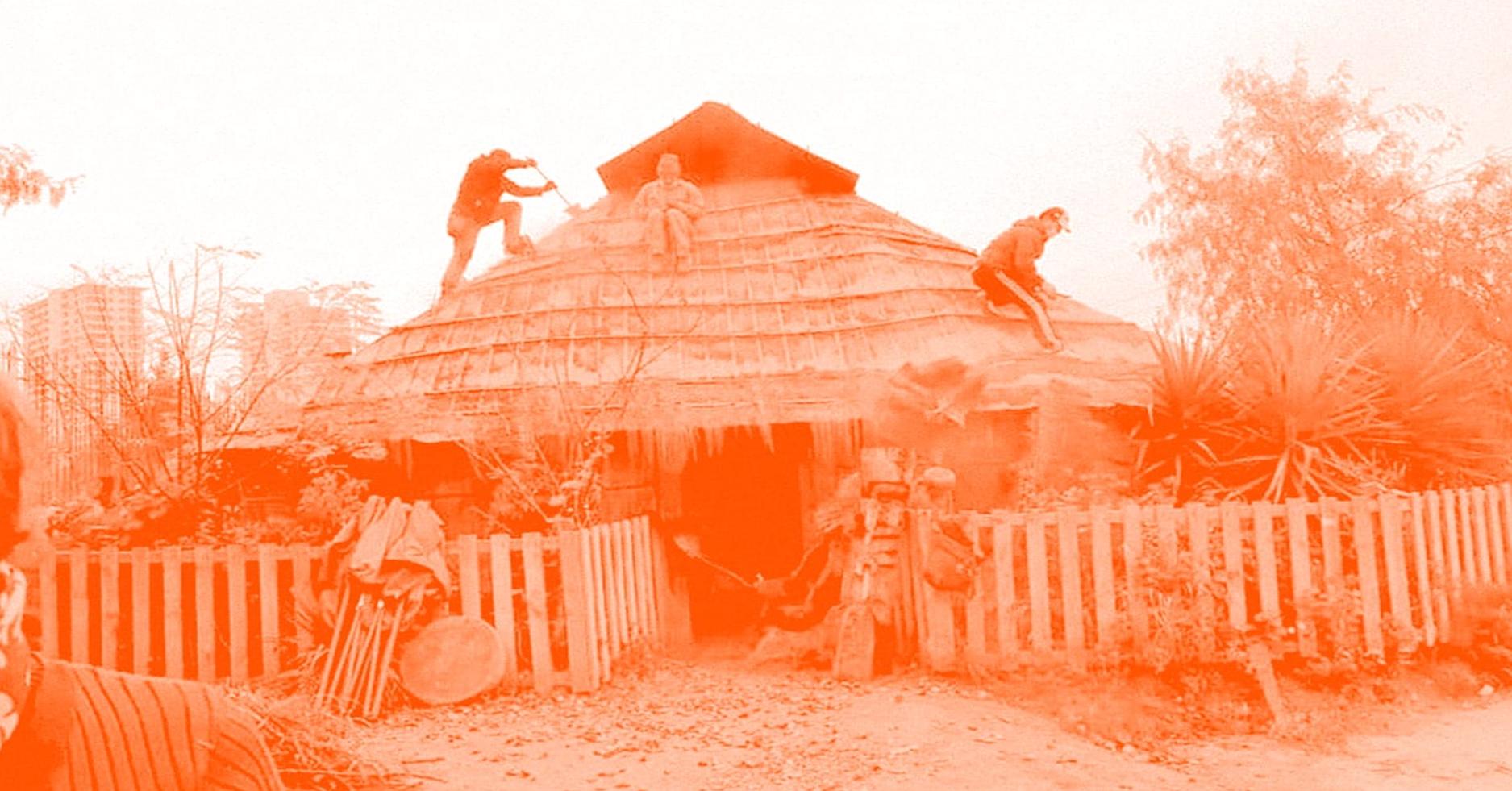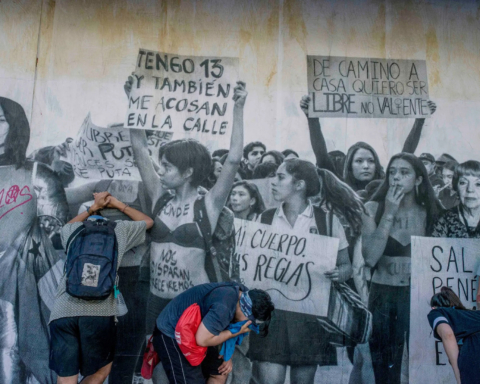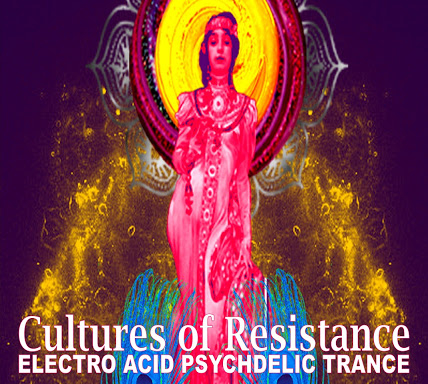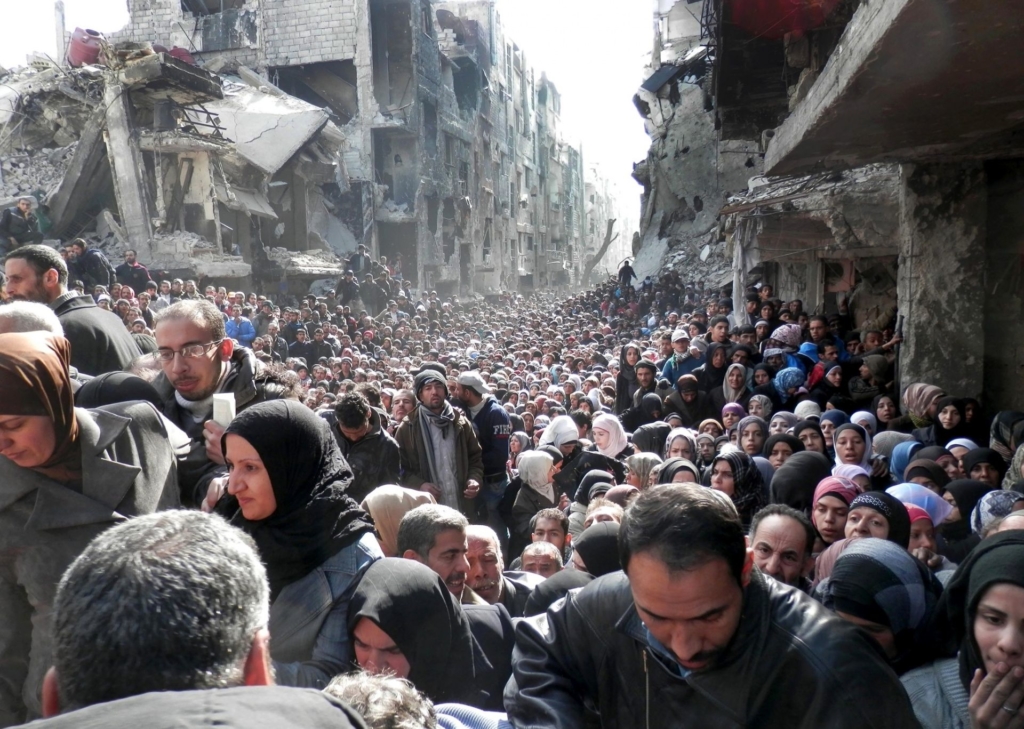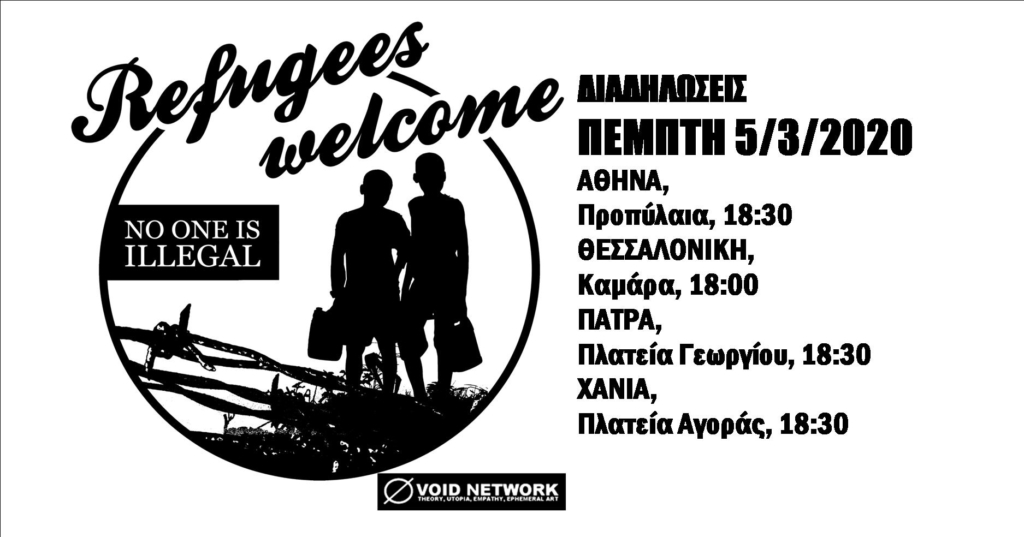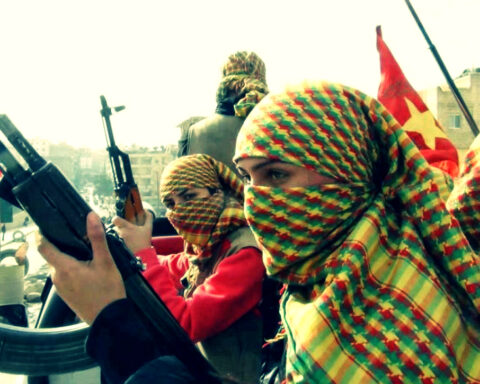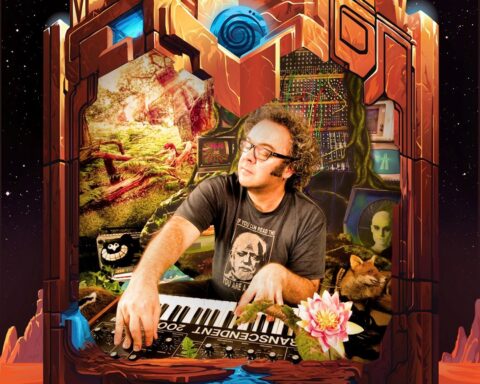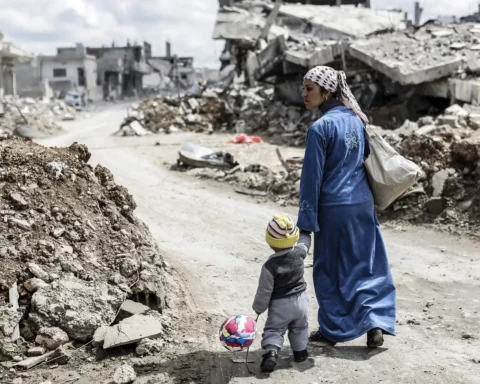Text & photos by Emilio Brava –
Pachakuti: the Aymara term for a global transition, from Pacha (“the Earth” or the Space/Time we inhabit) and Kuti (“Change”). On the 500th anniversary of colonization in 1992, Aymaran spiritual leaders prophesied a new Pachakuti. During which, a period of forty years (1992-2032) would be a time of upheaval as the old world ends and the earth cycles back to the beginning.
October 19th, 2019: In Santiago de Chile, a metro evasion movement to protest a fare hike escalated into a national uprising against an economic system that rendered life untenable. Protesters set metro stations, banks, and supermarkets ablaze. The government’s repression of this uprising, by bringing the military into the streets and suspending civil liberties for the first time since the Pinochet Dictatorship (1973-1990), led to a crisis of legitimacy of the entire post-dictatorship political order. A month after this uprising, the ruling party and its opposition agreed to hold a referendum in April 2020 for Chileans to decide if there will be a constitutional assembly.
Not everyone in Chile is convinced that a new constitution will solve their problems and provide the framework for a life worth living. In Peñalolen, a población (a poor, peripheral neighborhood) in Santiago, Indigenous and non-Indigenous neighbors have worked together to build an Indigenous social center since 2013. There they have learned traditional Aymara and Mapuche techniques to build a Mapuche thatched roof hutand an Aymaran adobe house. The center hosts fundraisers for Mapuche political prisoners, local pirate radio programs, community dinners, neighborhood meetings, and educational events for school children. When asked about the current uprising, one Aymara participant said: “This uprising is part of the Pachakuti! Look at the other uprisings in Ecuador, Bolivia, and Venezuela. Look at climate change: the droughts in Northern Chile, the forest fires nationwide, and the polar ice caps melting. This uprising is a part of a larger process that we ultimately have no control over. People will have to migrate, change their lives, and not play the games we’re told to play.”
“And what games are we told to play?”I asked. “The game of debt and speculation needed to live in a world that no longer exists. The rich think they are better than everyone else because they have everything, but they bought it all on credit, just like the rest of us. Now, thanks to this uprising, the Chilean economy is going into a recession. The government is trying to make us fear this recession to demobilize us. They say: ‘If your movements destroy the economy, it will destroy you as well.’ But they don’t want us to see that the economy is already destroyed. Living in this world requires a future that will never come to be. Instead, we must live within the Pachakuti, realize that we already live in a new world in which we must be strong, take care of each other, and endure the rapid, uncontrollable change. We stop playing games when we accept this global transition around us.”
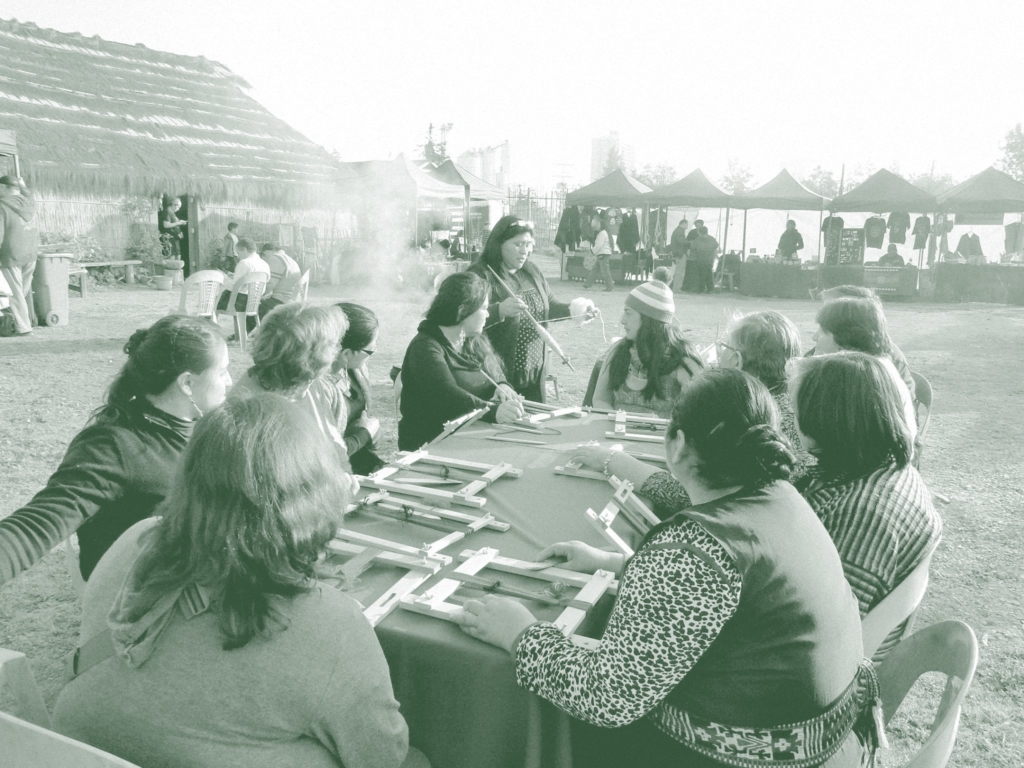
As we enter the second month of the protests, everyone is concerned with how to transform these protests into a more sustainable form. Most are convinced this is possible through directing the energy in the streets into winning the constitutional assembly referendum. However, many Chileans feel betrayed by their leftist political leaders behind this referendum. Despite the president’s 4% approval ratings, many leftist politicians have voted in favor of his package of public security laws: anti-barricade, anti-looting, and anti-mask laws. This has delegitimized elected representatives, who profess support to the movements despite their antagonistic actions against the current uprising. However, I wonder if as my Aymara friends suggest, that “they live in a world that no longer exists.” Albeit with less human suffering, they want people to return to their same work and daily life from before the uprising. They want to reform and stabilize public institutions to produce a stable daily life, a socially just economy, and a government that represents its constituency. However, ecological collapse exacerbating inequality, mass migration, uprisings in other parts of the world will render futile these attempts at sustainable social change.
In contrast to demanding new social welfare from public institutions, many in the poblaciónes are convinced that transforming the protests into a sustainable form is possible through self-organizing the means to reproduce social life. In these neighborhoods where life had become untenable before the uprising, neighbors have started community kitchens and informal markets that feed protesters and neighbors alike, cultural committees that program daily events, childcare committees that facilitate kid-friendly activities, and health committees that bring doctors and therapists to the neighborhood. While these initiatives have grown exponentially after the uprising, the Indigenous social center in Peñalolen have been facilitating such projects for years. As one resident explained, “Protesters set fire to the metro because it was something foreign. It controlled their lives, but they had no control over it. But if we cooperate to build our infrastructure, no one can say how it should be run because it is a part of all of us.” As another neighbor explained, “In fifty years, none of the new high rises in the city will be here. When they are gone, we must learn how to build with the material we have: clay, glass bottles, refuse, and wood.”
The most hopeful way neighbors attempt to transform the protests into more sustainable forms has started by developing a global perspective in which the uprising didn’t start on “October 19th, 2019,” but an indeterminate amount of time before. There will never be a date to declare when the uprising is won, only the endurance and promulgation of projects that enable people, rather than individuals representing those people, to shape and determine their daily lives.
source: https://territories.substack.com/p/santiago-de-chile-another-end-of
